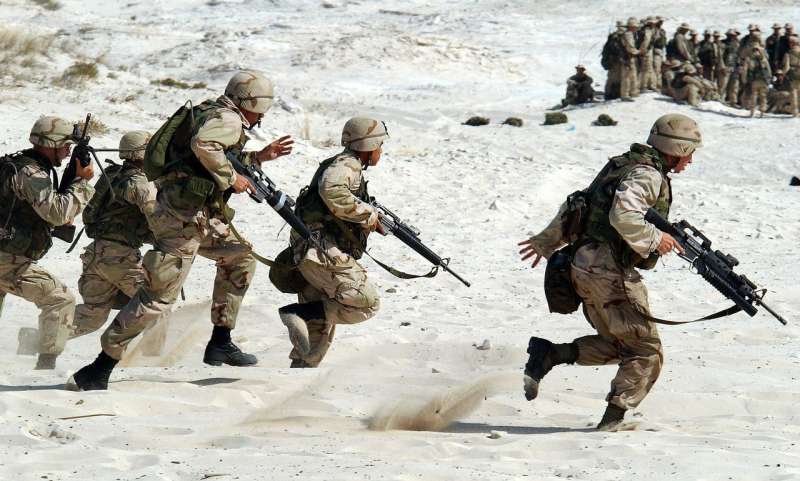This article has been reviewed according to Science X's editorial process and policies. Editors have highlighted the following attributes while ensuring the content's credibility:
fact-checked
trusted source
proofread
Project compiles 200 years of conflict data

The adage of the need to remember the past to avoid repeating it is certainly applicable to international confrontations as history is filled with nations repeating conflicts again and again.
Learning from the past, though, takes more than memories. It takes a deep understanding of causes and outcomes gleaned from accurate information that allows for a broad view of history.
Research led by The University of Alabama (UA) to describe and categorize more than 30,000 international events occurring over nearly 200 years will be a gold mine for those hoping to learn from the past. The International Conflict Data Project should help policymakers and political scientists better understand and predict the outcomes of high-stakes, international confrontations.
"The datasets really are game changers in how we go about studying international conflict," said Dr. Douglas Gibler, professor and political science researcher at UA Institute for Social Science Research. "This is the best source of inter-state conflict data for peace science researchers who can now have the highest confidence that the data we provide best matches the concept of inter-state conflict."
Available online and described in a series of papers published this year, the project produced eight datasets presenting a consistent identification of all threats, displays and uses of force between states from 1816 to 2014. It draws from about 35,000 historical sources to show 30,000 events and 1,900 international confrontations.
"The datasets really are game-changers in how we go about studying international conflict," said Gibler. The project began in 2009 and has involved close to 80 undergraduate and graduate students. The project also led to collaboration with other institutions. "The impact for UA has been strong," Gibler said.
The work expands and corrects earlier databases on international conflicts while updating standard definitions of conflicts, Gibler said. The data helps researchers see that the vast majority of international events do not lead to conflict, and only 80 to 90 of them led to wars with more than 1,000 military fatalities.
Early analysis of the data from Gibler and collaborators found little support for long-held assumptions about the causes and tactics of international confrontations, and the public database is available for more in-depth study from UA and others. There will be a conference at UA in May for graduate students from UA and other universities to present research that uses the data.
More information: Douglas M Gibler et al, The Militarized Interstate Events (MIE) dataset, 1816–2014, Conflict Management and Peace Science (2023). DOI: 10.1177/07388942231182674
Provided by University of Alabama in Tuscaloosa




















